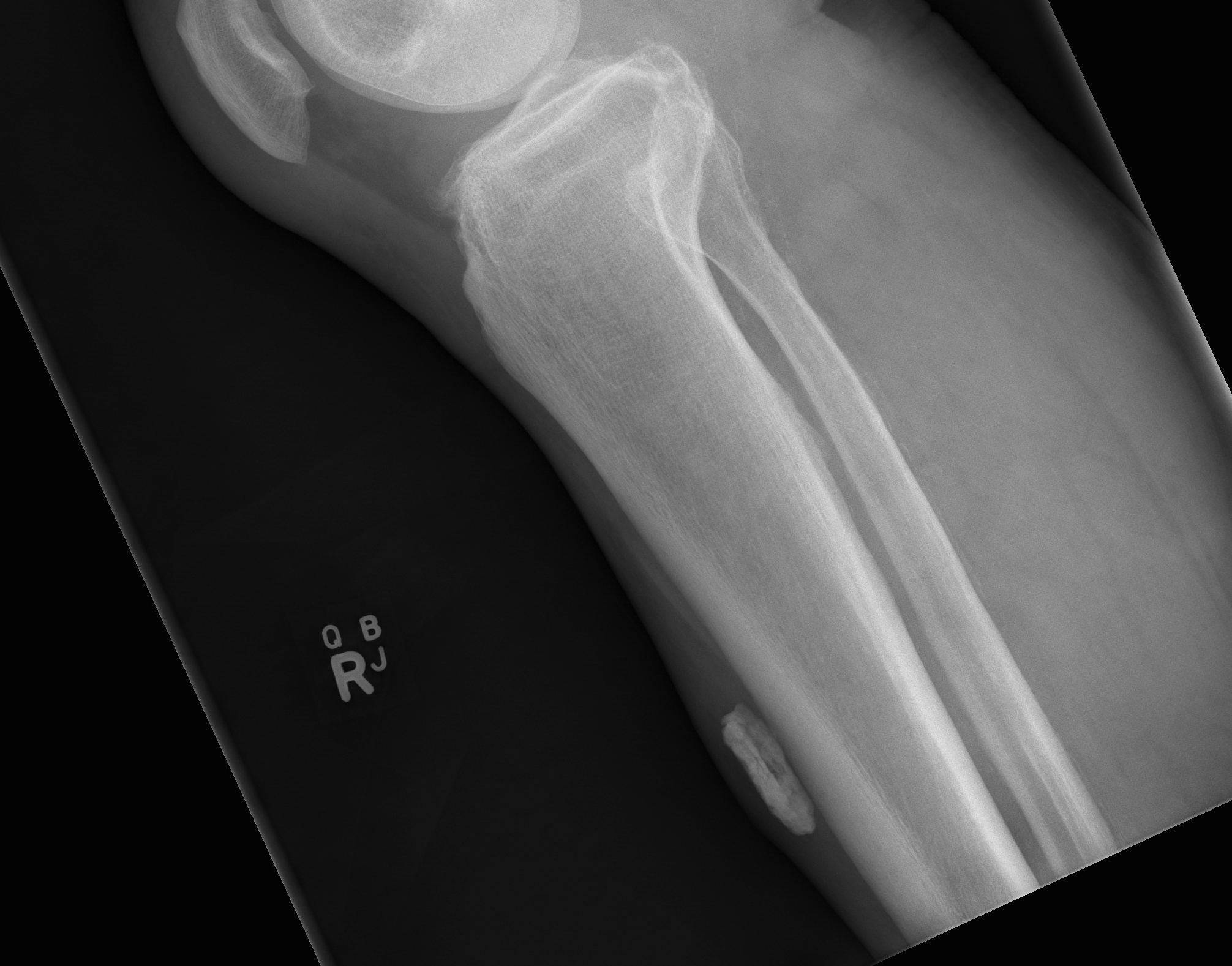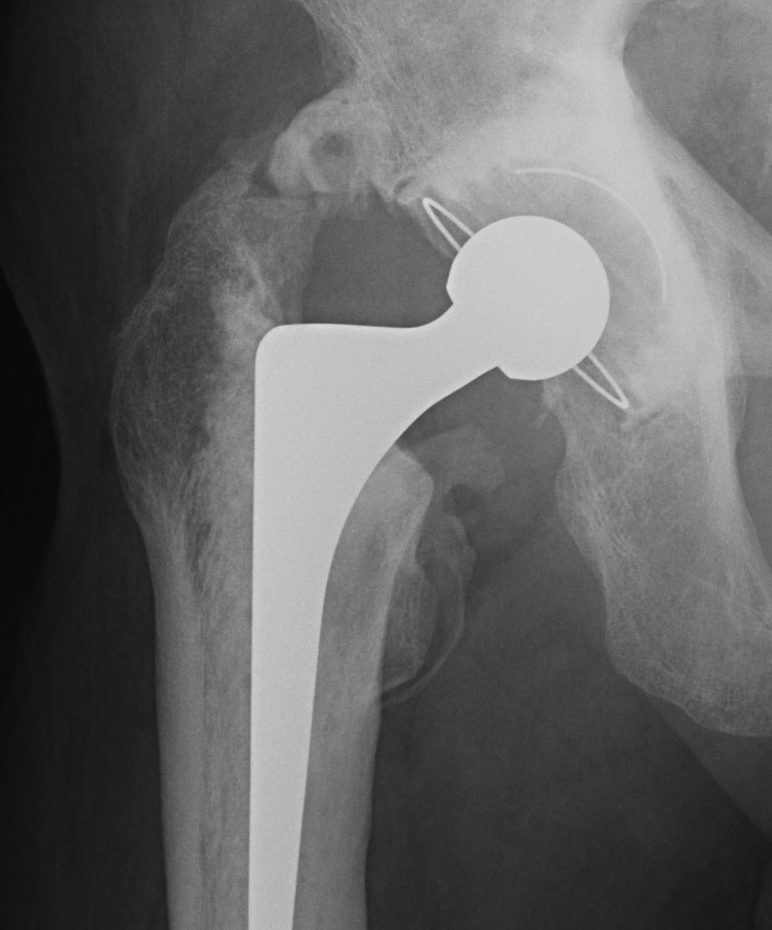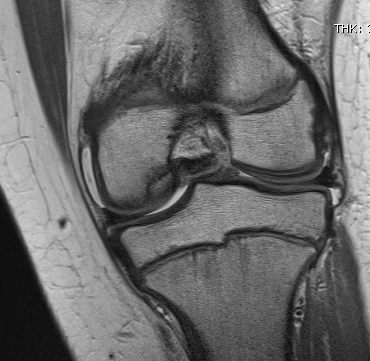Calcification v Ossification
Xray
Calcification
- central pattern
- often increased opacity compared with bone
Ossification
- peripheral pattern
- similar density to bone


Calcification
- central pattern
- often increased opacity compared with bone
Ossification
- peripheral pattern
- similar density to bone


Diaphyseal Aclasis / Multiple Osteochondromas
Heritable skeletal dysplasia
AD with variable penetrance (96%)
Incidence of malignant transformation much higher
- 10% overall
- 1 % / year
Chondrosarcoma (CS) > Osteosarcoma (OS)
Lateral : Medial 9:1
4th & 5th decades
- M = F
- 75% dominant arm
50% of regular tennis players
- especially > 2 hrs / week
Insertion pathology / Enthesopathy
Over-extension of the elbow with supination / pronation
Lateral epicondyle
- anconeus from posterior face
- ECRB and EDC from anterior face (CEO)

Osteochondritis Dissecans
- separation of avascular fragment of bone & cartilage
M : F = 2:1
Mean age 18 years
- can present as young as 9
4:1000
Schwannoma
- benign tumour of nerve sheath
Less common than neurofibroma
- occurs in adults
- can occur along any peripheral nerve
- also can occur along a nerve root
Usually a large nerve
More common in forearm
Seen in NF 2
- acoustic Schwannoma
Strange scapular tumour
- typically bilateral
- occurs in lat dorsi
Complain of lump which appears around scapula
Looks like muscle on CT
Benign
Shows marked amount of elastin
Uncontrolled proliferation of single clone of plasma cells
Most common malignant tumour of bone
Age 50-60
2-3 / 100 000
Highly differentiated B lymphocytes
- associated with abnormality of protein synthesis
Usually bone marrow of entire skeleton involved
Treatment algorithm similar to OS
Overall prognosis similar to OS
- 70% long term survival
A malignant neoplasm composed of small round cells of uncertain histogenesis
Recent data suggests it is of neuroepithelial derivation
- ? neuroectodermal cells
Malignant cartilage producing tumour
20% of primary bone tumours
3rd most common
- 1 in 500 000
Relatively non-aggressive / usually Grade I
Average age 40
Male > Females
Arises de novo
It was described in 1983 by Dr. Nora, and is sometimes called Nora's disease or Nora's lesion
Bizarre parosteal osteochondromatous proliferation
Rare lesion
- occurs most commonly in the hands and feet
Adults in their 20's and 30's
Males = Females